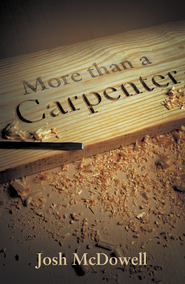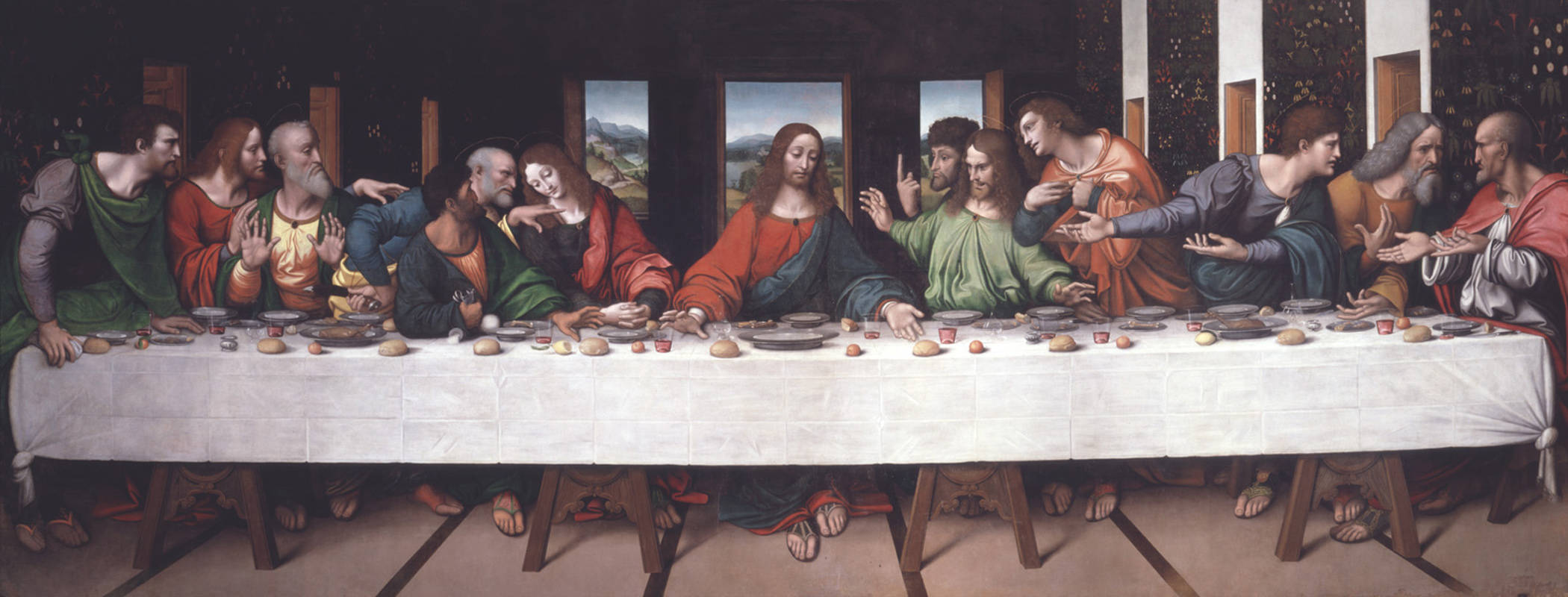
The first part of J.P. Moreland’s 1997 book, Love Your God with All Your Mind, explains why Christian apologetics are good and necessary, now more so than ever. In my opinion, Moreland does a better job making the case for aplogetics, that for Christianity. He explains how historically Christianity was a champion of education and set up the modern education system. The thought was it was good to learn to read the Bible and think about it intelligently. Also, the founding assumption of science being that there are laws of nature that do not change came from the Christian assumption that a God created an orderly universe. However in modern times, due to emotionally directed preaching, Moreland says there is a prevalence of an “Intellectually shallow, theologically illiterate form of Christianity that came to be part of the populist Christian religion that emerged.”
Moreland claims that it all began with the advent of modern rationalist, who were also atheists, such as David Hume (1711-1776) and Immanuel Kant (1724-1804) separating being intellectual with being Christian. This was furthered during each American revival, which includes the First Great Awakening (1730s-1750s), the Second Great Awakening (1800s-1820s), the Charles Finney revival (1824-1837), and the Layman’s Prayer Revival (1856-1858). On the heels of the Finney revival Mormonism came along (1830) and converted new Christian converts who had no understanding of Christian teaching. From In their doctrine and covenants book, they even discuss how you know the religion is true from a “burning in the bosom.” That sounds a lot like the “Christian” song, He lives, which claims “You ask me how I know He lives, He lives within my heart.”
Moreland also cites the 1980 Gallup Poll “We are having a revival of feelings but not of the knowledge of God. The church today is more guided by feelings than by convictions. We value enthusiasm more than informed commitment.” He then states that “Religion is now viewed by many as a placebo or emotional crutch precisely because that is how we often pitch the gospel to unbelievers.” Lastly, he poses the question, “Since God created man with reason,wouldn't He use it to communicate to us and bring to us to a point of faith?” Moreland also has many other apologetic books that I have not read yet, but come recommended.

One of the oldest and best known books on apologetics is Mere Christianity, by C.S. Lewis. It began as a series of radio talks between 1942 and 1944 about why a previously atheist Lewis became a Christian after investigating. These radio shows were published into three pamphlets throughout that same time period and then adapted into this book in 1952. It has been a very popular and influential in Christianity since. This book is interesting and a good read, but is a very cursory, preliminary, introductory look and does not go nearly as deep as other books. But then again, that's what it was intended to do. It is separated into four books (sections).
The first book is a case for a supernatural power, creator being, or God. Lewis states that a shared human morality must come from a God, as must laws of nature, which could only come about by design. He ends with the argument that humans yearn for something greater, and are trying to fill a hole, which is why there are religions all over the world. Book two argues that atheism doesn't explain the universe, neither does dualism (one good god and one bad god), or multiple Gods (pantheism). He then discusses the problem of evil, but unfortunately, as is common, he goes straight to free will as the ultimate good. But if it is so good, and the only thing worth having, we would have it in heaven and be able to sin in heaven? Also does God have free will? Is there the possibility, then, that He could do evil? Next Lewis tries to make the case for the Christian God being the correct one by discussing the historicity of the Bible and Biblical accounts. In book three, he looks at moral issues from a theologically Christian perspective and in book four he discusses specific Christian theological issues like the trinity.

Another good book is Josh McDowell's More than a Carpenter from 1997. Here McDowell uses historical and legal arguments for the life, death and resurrection of Jesus. McDowell wrote other books, some of which were also popular, but this one is the best in my opinion.

Lastly, no apologetics collection is complete with Lee Strobel's, The Case for Christ: A Journalist’s Personal Investigation of the Evidence for Jesus from 1998. This book is a documentation of his journey into becoming a Christian. He also wrote other books later that discuss more specifics to topics, like the historical Jesus, the problem of pain, etc…
Other notable apologist that I have read some of and found useful are John Warwick Montgomery and Norman Geisler. Other notable apologists that I have heard a bit about, but have never read include, Ronald Tacelli, Ravi Zacharias, Gregory Koukl, and Peter Kreeft.









